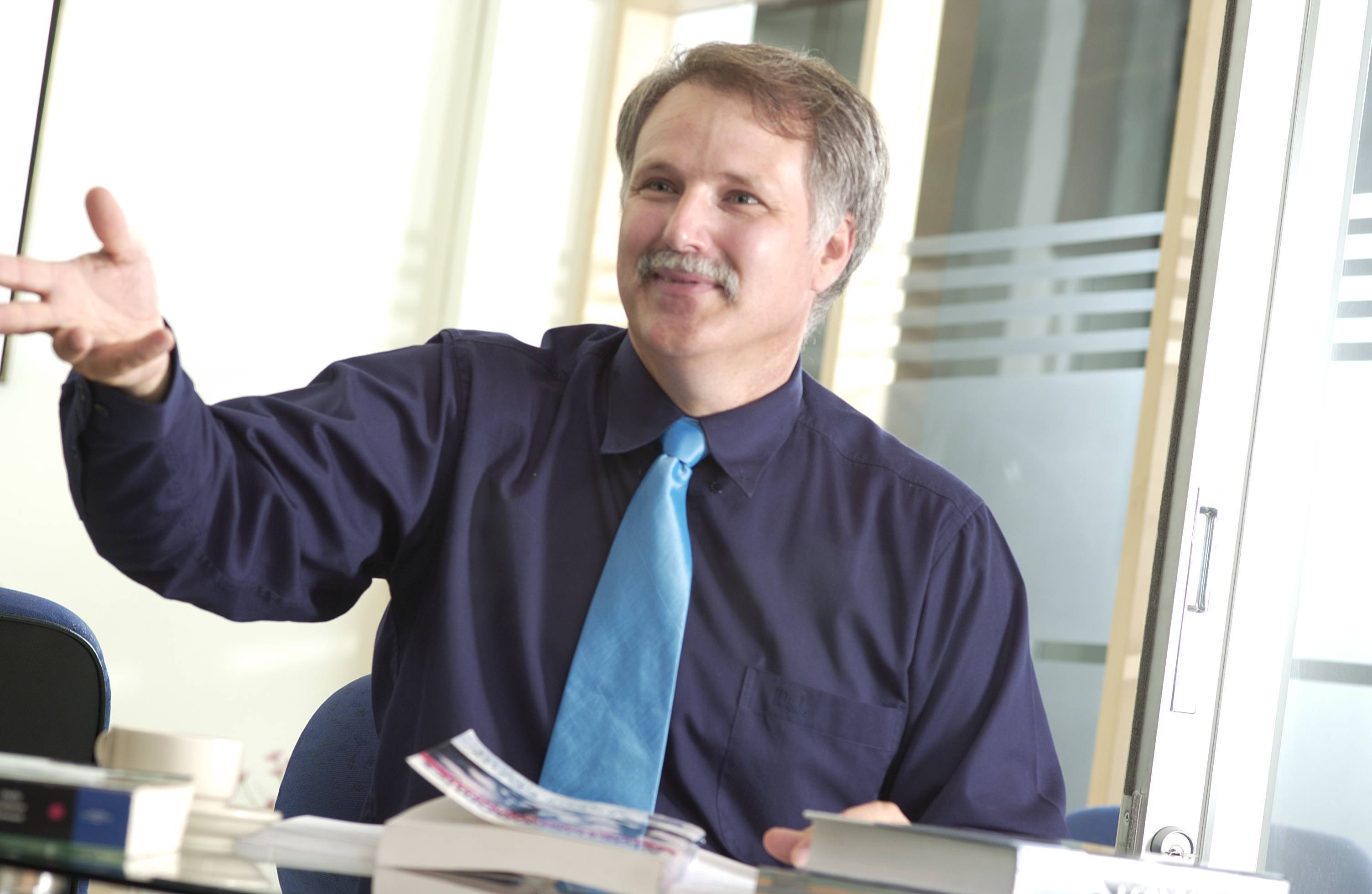|
TEACHING METHODS OF JONATHAN E. LEIGHTNER

Several of my college professors changed my life. Under the direction of these professors, I learned to believe in my ability to think critically, to evaluate and change preconceptions, and to make original contributions to my chosen fields of study. These professors took my work seriously, while winnowing the chaff from the grain. They challenged me, guided me, and believed in me. I want to follow in these teachers' footsteps and inspire students as my professors have inspired me. In my classes, I present a minimal amount of theory via lecturing and then, by asking questions, I guide my students as they further develop that theory and its applications. For example, I develop a generic supply and demand model and then ask questions which direct my students in their efforts to develop a model of the supply and demand for the US. dollar on the international money market. This approach encourages my students to take ownership of the learning process, to discover their true capabilities, to deeply understand the fundamental concepts of economics, and to apply their new knowledge in useful and creative ways. I teach my students both the uses and limitations of the models and then demonstrate the application of the models to concrete current events. In most of my classes, my tests have two parts- a party testing whether the students know the models and a part testing whether the students can apply the models. The application part usually consists of applying the economic models to a recent article from the Wall Street Journal. In addition to following the news with greater understanding, my students can discuss what assumptions underlie the news stories, and what related issues are ignored by the news. Ultimately my students learn that they are capable of creative thought, critical thinking, and practical application. I believe in my students, I applaud their successes, and I rejoice with them. I am enthusiastic and excited when they learn. My students are real people, with unique pasts,
presents, and futures. I show my respect for these people by learning their
names, listening to what they say, affirming them, always being prepared
for class, productively using the entire class time, returning tests promptly,
and being available to them. I walked where many Georgia Regents University
students now walk -- I worked full time in order to put myself through
college, I struggled in classes (like Russian) where I did not have a natural
propensity for that type of learning, and I sometimes sat in fear of the
teacher discovering how little I actually knew. I understand these reactions,
but still I maintain standards and challenge my students to become more
than they thought they could be. By continuously pointing out to my students
what they can already do, by encouraging and challenging them to do more,
and by celebrating their triumphs with them, most of my students discover
that they are capable of much more than they thought possible.
|